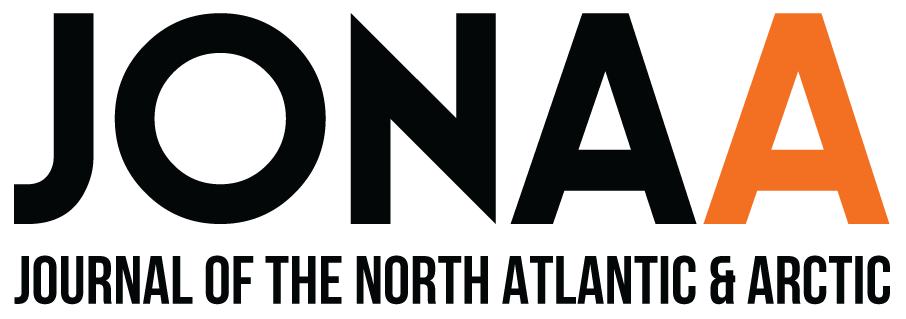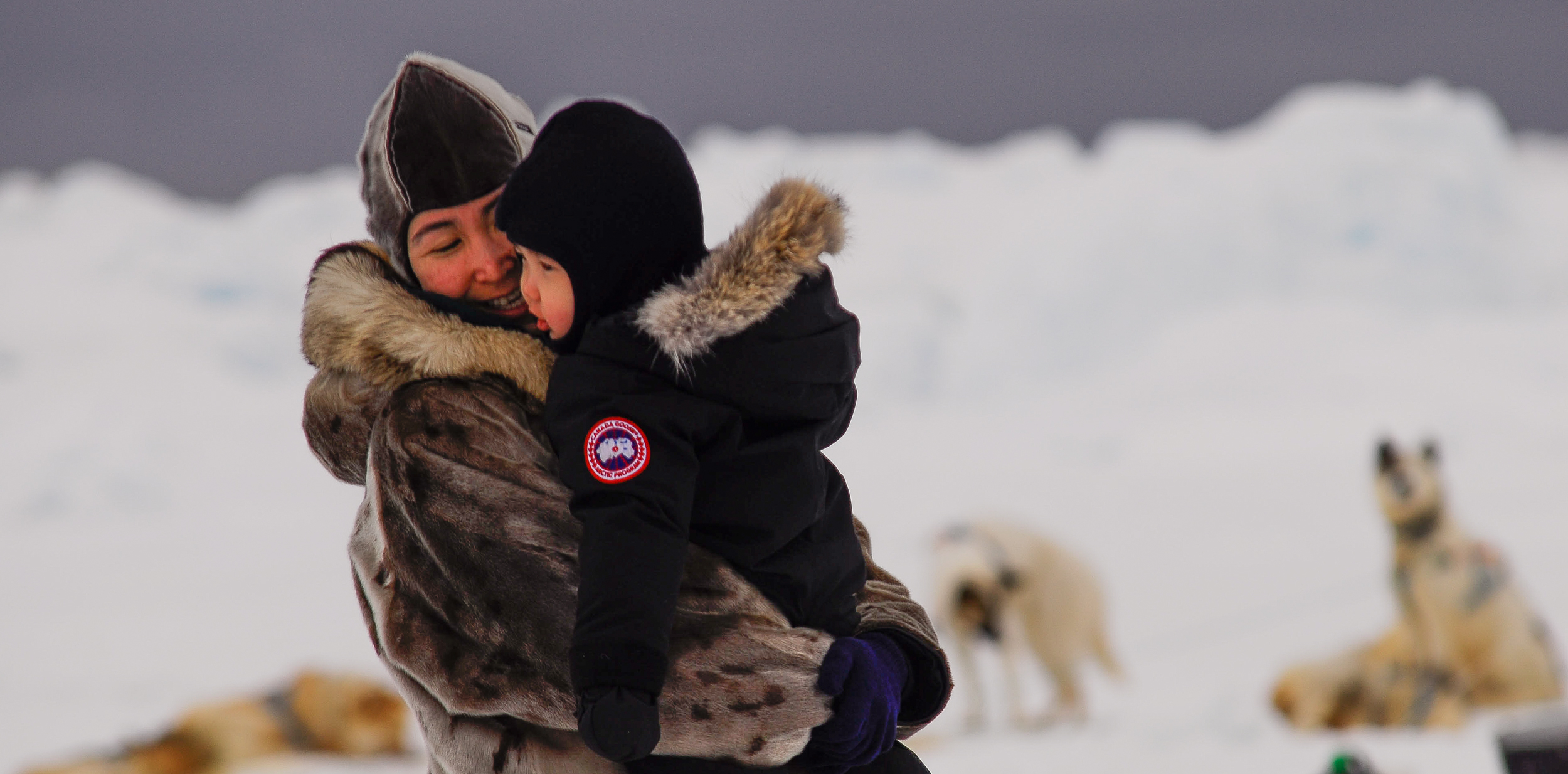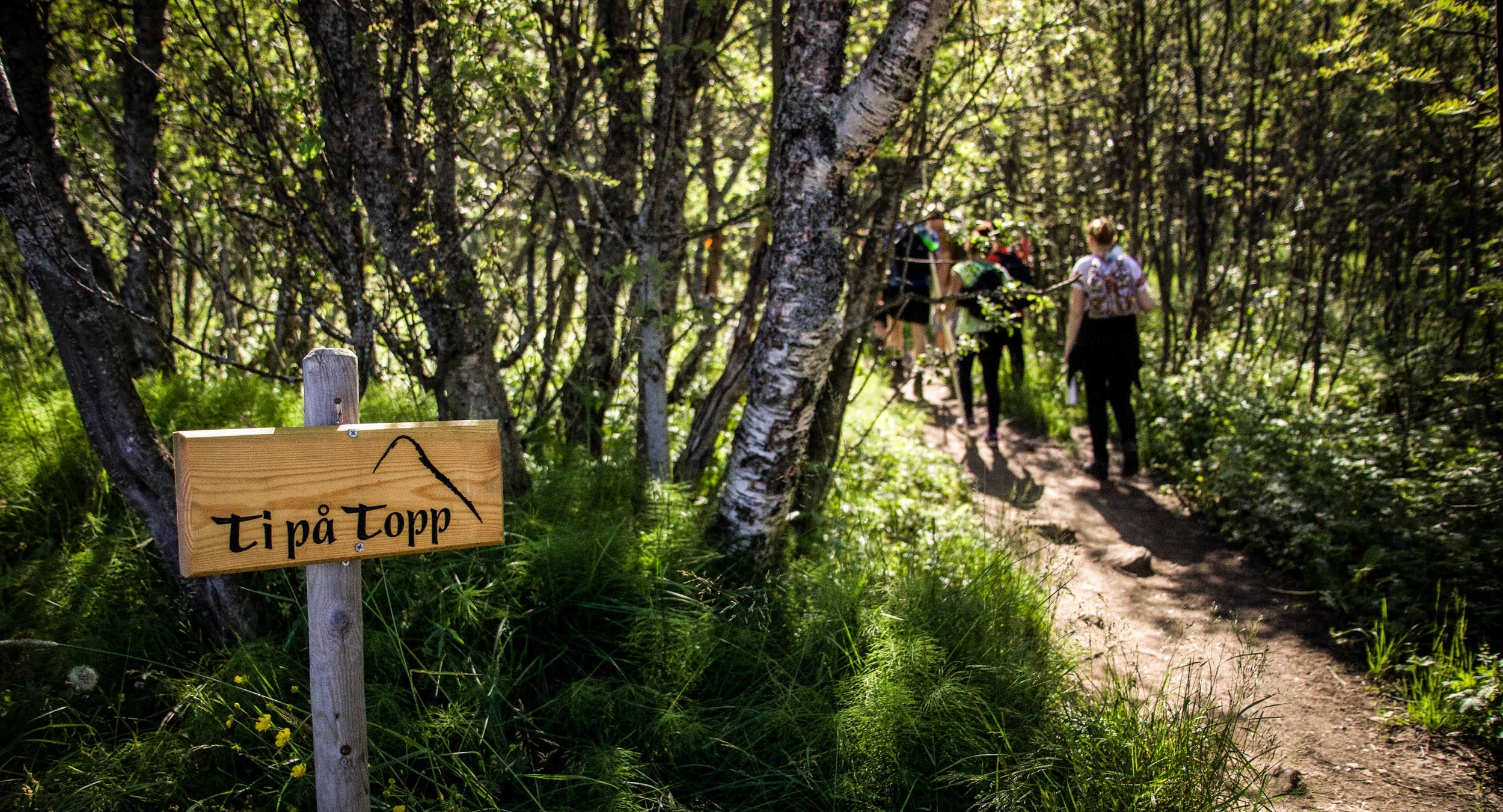If Only Kindness Could Be Prescribed As A Pill
MINDFULNESS
Writer: Martin Stepek
Photographs: Kristjan Fridriksson, Niini Malu Hansen, Solja Bjarkadottir
November 2018
As we all know life brings its ups and downs. These can be personal issues, family matters, work-related, or to do with the wider world of politics, the economy, the weather and environment.
The sub-branch of neuroscience known as neuro-plasticity has started to help us understand how these life events impact on who we are and how we respond to life moment by moment, day to day.
Neuro means the nerves, which are the pathways by which messages are delivered to and from the brain. Plasticity means the ability to be reshaped. That’s where the word plastic gets its origin. When you heat up plastic it melts and in that warms state can be remoulded into any shape. Neuroscience now informs us that our mind, our traits and our personalities can be, to a greater or lesser extent, re-formed.
So what changes us in this way? What reshapes who we are and how we think and act?
The answer, in general terms, is simple: everything our brain perceives through the five senses reshapes us, and everything our brain creates in terms of thoughts, feelings, moods, ideas also adds to the reshaping process.
We are therefore being reshaped moment by moment. Much of the reshaping of the mind is simply reaffirming or strengthening what we know. So first time we see grass we get the shock of seeing that it is green. However the fifty thousandth time we see grass, the sight of it merely reinforces our expectation that grass will be green. Note though that the reinforcement of that expectation is still a change to the mind.
So this act of constant neuroplasticity or changing of the mind happens whether we like it or not. Think on that for a second. We are being changed by experiences which we very often have no control over, and we have no control either over the type of changes that are made to us.
Mindfulness is a tool of neuroplasticity. It’s a skill we can deliberately develop and strengthen to give us a measure of greater control over how we are changed, and in the longer-term to what external and internal factors we allow to be present in our lives and therefore affect us.
When we are mindful in a particular moment we can better perceive the potential or actual consequence of that moment’s experience. Let’s take an example. You read a highly inflammatory message on Facebook. You recognise your anger, your desire to respond with an insulting retort about the person who wrote the message or their views.
The mindfulness is the self-awareness of your emotional reaction, then awareness of your wish to respond by an aggressive retort.
Now on reflection you might still feel it is the right thing to do to answer as your gut response suggested. At least you have had the chance to consider it. Or you may choose not to respond at all, or to do so in a different manner.
This choice is the gift of being mindful. You move from being automatic, your response dictated to you by your own brain, to choosing amongst options. In that instant you are more free than in the moment before. You are temporarily liberated from your autopilot mind.
But we don’t have to wait for events to happen before we try to become mindful and make things better through wiser choices. We know now that certain activities nurture constructive or positive results in life. I’ll no doubt focus on some of these in more detail another time but they include obvious things like exercise, being in nature, eating types of food. So we can deliberately choose to do things that improve our lives, in particular moments. We develop our mindfulness to the extent that it is looking out for opportunities to improve our wellbeing, even in single moments.
JONAA©Niini Malu Hansen
One of the most effective and, to my mind, most beautiful of all human actions, is kindness. We can make a point of trying to develop our mindfulness to notice if we can be kind in any given situation rather than just looking out for our own self-interest.
Forgetting for a moment the positive impact that acts of kindness have on the receiver, let’s look at what science tells us about how acts of kindness impact on the giver. Here is just a selection, all demonstrated repeatedly by research:
The giver feels happier
Decrease of stress hormones
Increased sense of vitality
Strengthened immune system
Lowers blood pressure
A longer life
A greater sense of meaning and purpose in life
In other words if kindness was a pill it’d be given out as a prescription to virtually all of us. It results in both mental and physical health benefits, and of course benefits the person you are helping. That person not only gets the benefit of your direct help, but also a renewed sense that other people can be good, thus restoring one’s faith in human nature.
The opposite is generally true too. Being unkind harms our mental and physical health, and removes the possibility of another person feeling better about life and people; so unkindness is both a form of self-harm and the loss of an opportunity to make mankind a little bit more positive about each other.
We can deliberately cultivate awareness of opportunities to be kind. Even simple things like putting a post-it note saying – Remember, be kind - on a corner of our computer or by the phone can trigger the mindfulness to consider this type of response as an alternative to the automatic mind’s reaction to emails or other messages.
Using these two marvellous tools in conjunction – mindfulness to hone the awareness, then kindness as a two-way nurturing response – can build up to become something deeply beneficial in your life. ▢
"One of the most effective and, to my mind, most beautiful of all human actions, is kindness. We can make a point of trying to develop our mindfulness to notice if we can be kind in any given situation rather than just looking out for our own self-interest."
More Mindfulness:
Martin Stepek is a member of the JONAA founding team in Scotland. A Scot with Polish heritage, a Mindfulness teacher, poet, published author, columnist on Mindfulness in the Sunday Herald and Chief Executive of the Scottish Family Business Association.












